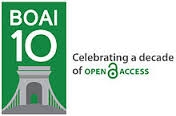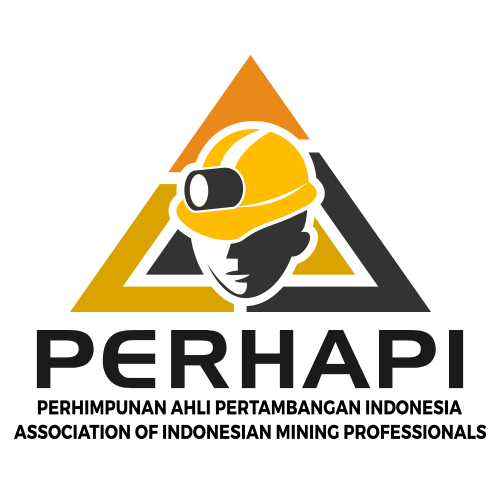Editorial Policies
Focus and Scope
JIPL aims to promote interdisciplinary research and innovation that contribute to sustainable mining practices and environmental stewardship. The journal covers a wide range of topics, including but not limited to:
1. Exploration Technology2. Mine Environment
3. Mineral and Coal Economy
4. Mining Geotechnical and Hydrology
5. Mineral and Coal Processing and Refining
6. Mine Planning
7. Mine Safety
8. Blasting
9. Mining Technology
Section Policies
Articles
 Open Submissions
Open Submissions Indexed
Indexed Peer Reviewed
Peer Reviewed
Jurnal Inovasi Pertambangan dan Lingkungan Vol. 1 No. 1 2021
 Open Submissions
Open Submissions Indexed
Indexed Peer Reviewed
Peer Reviewed
Jurnal Inovasi Pertambangan dan Lingkungan Vol. 1 No. 2 2021
 Open Submissions
Open Submissions Indexed
Indexed Peer Reviewed
Peer Reviewed
Jurnal Inovasi Pertambangan dan Lingkungan Vol. 2 No. 1 2022
 Open Submissions
Open Submissions Indexed
Indexed Peer Reviewed
Peer Reviewed
Peer Review Process
Jurnal Inovasi Pertambangan dan Lingkungan is a biannual journal published in 2021. All submitted work should be written in Bahasa. The Manuscripts use double-blind review and will be evaluated by at least two experts. When a new submission is received, a journal editor will examine the manuscript and determine its appropriateness for the peer-review process. Articles that meet initial screening will be sent out to the reviewers. When this occurs, the authors must revise the manuscript and return it to the journal editor at the date given. The journal's editorial board will then consider the peer reviewer's reports and assemble the final decision to accept or reject the manuscript for publication.
Publication Frequency
The journal is published twice a year
Open Access Policy
This journal provides immediate open access to its content on the principle that making research freely available to the public supports a greater global exchange of knowledge.
This journal is open access journal which means that all content is freely available without charge to users or/institution. Users are allowed to read, download, copy, distribute, print, search, or link to full-text articles in this journal without asking prior permission from the publisher or author. This is in accordance with Budapest Open Access Initiative


Archiving
This journal utilizes the LOCKSS system to create a distributed archiving system among participating libraries and permits those libraries to create permanent archives of the journal for purposes of preservation and restoration. More...



